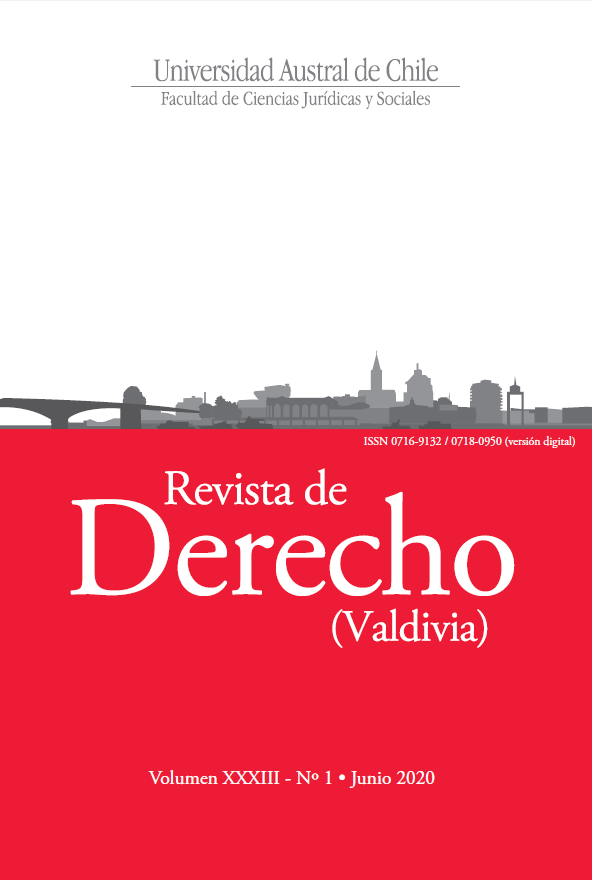The doctrine of estoppel in Chilean civil justice
Main Article Content
Abstract
The doctrine of estoppel is a typical scenario of violation of the procedural good faith which content and limits have not been defined by the Chilean law yet. This paper analyzes both interpretations -a broad one and a narrow one- containing the civil jurisprudence regarding this duty of consistency and the way in which they affect the right to defense of the parties. The paper distinguishes between a secondary application (obiter dicta) and a residual application of this duty, the latter being a judicial control of the litigant’s legal arguments in situations of abuse, deception and manifestly dilatory strategies. The procedural effect of infringing this duty is the inadmissibility of the inconsistent action. This effect is consistent with other specific measures such as the payment of costs and the compensation for damage caused.

